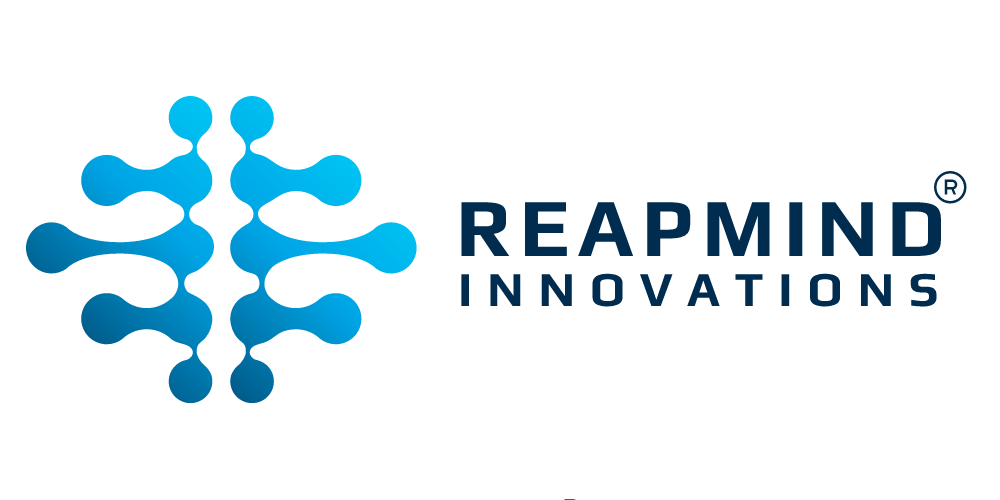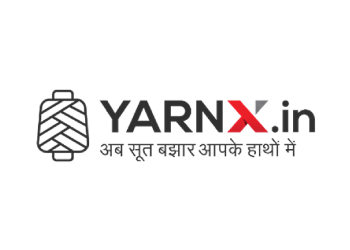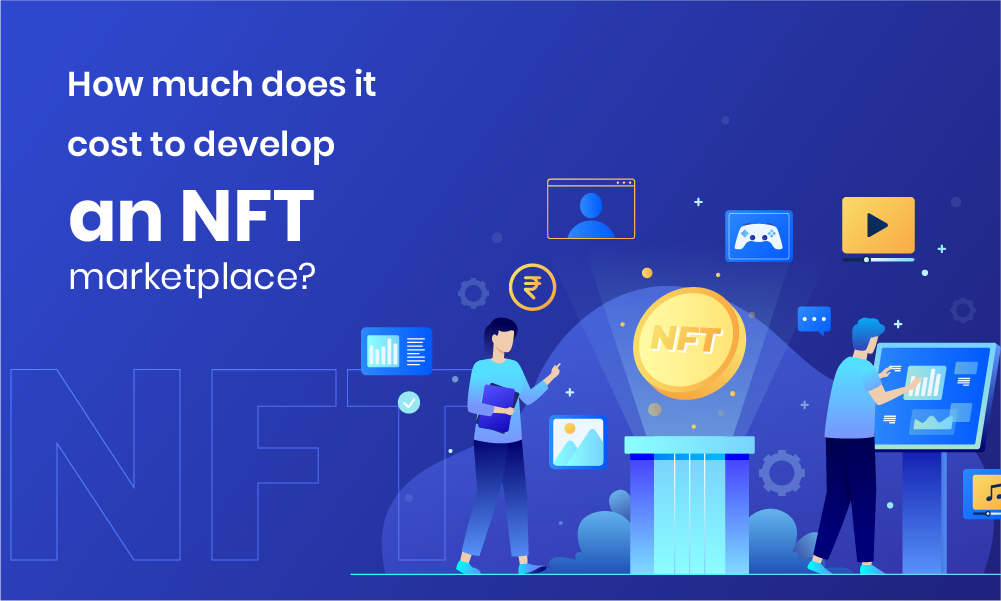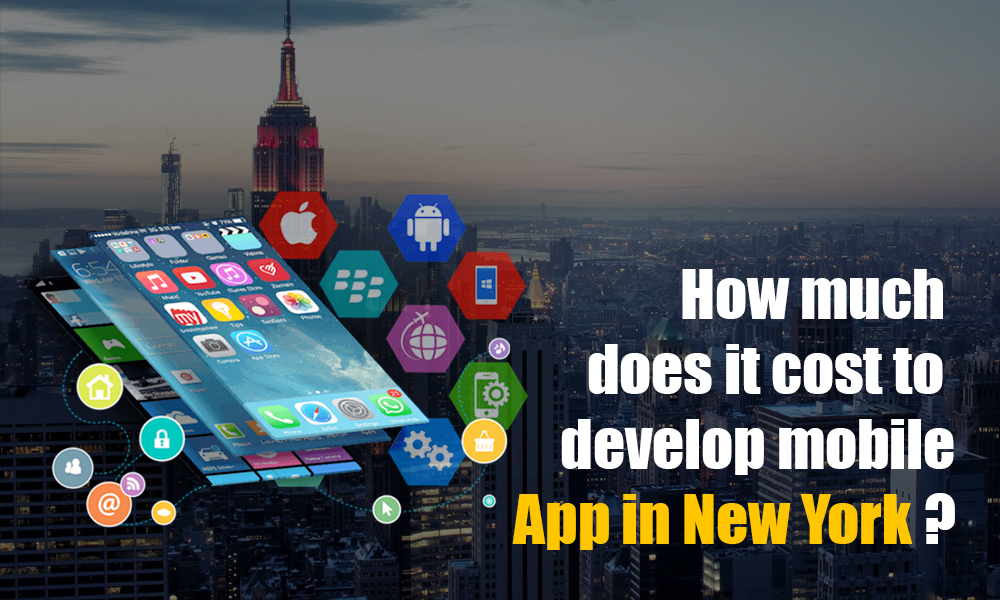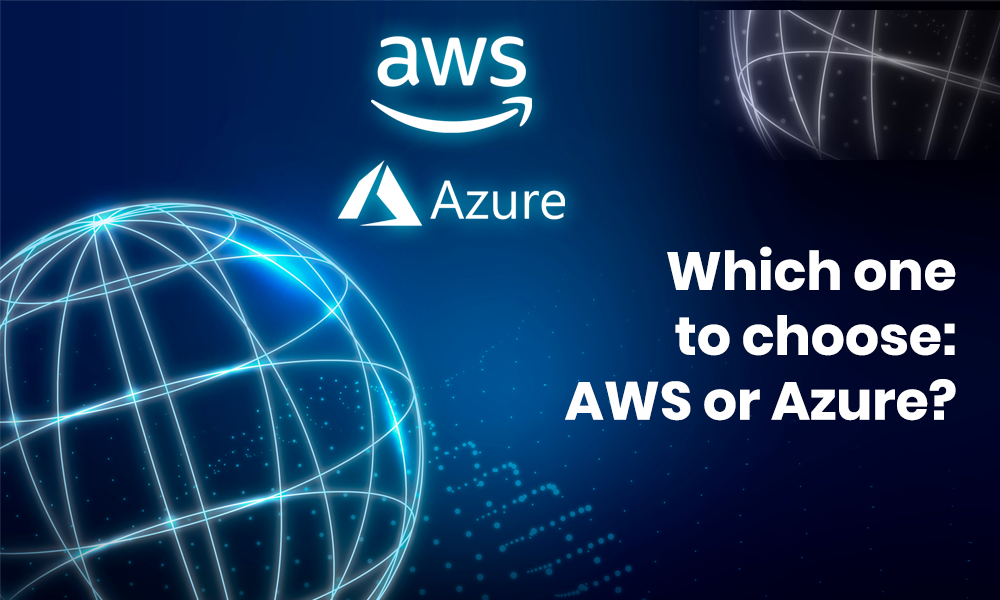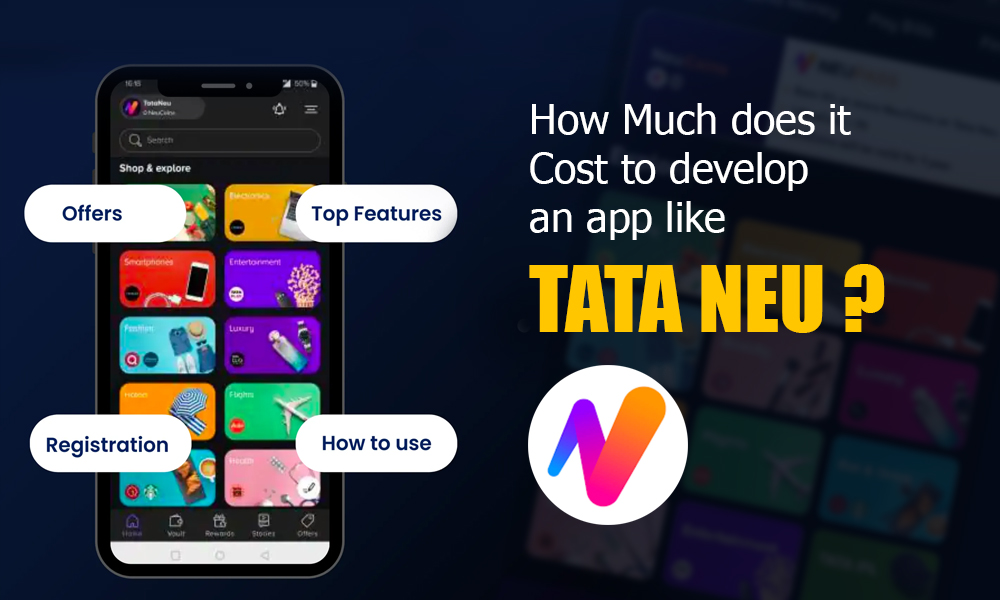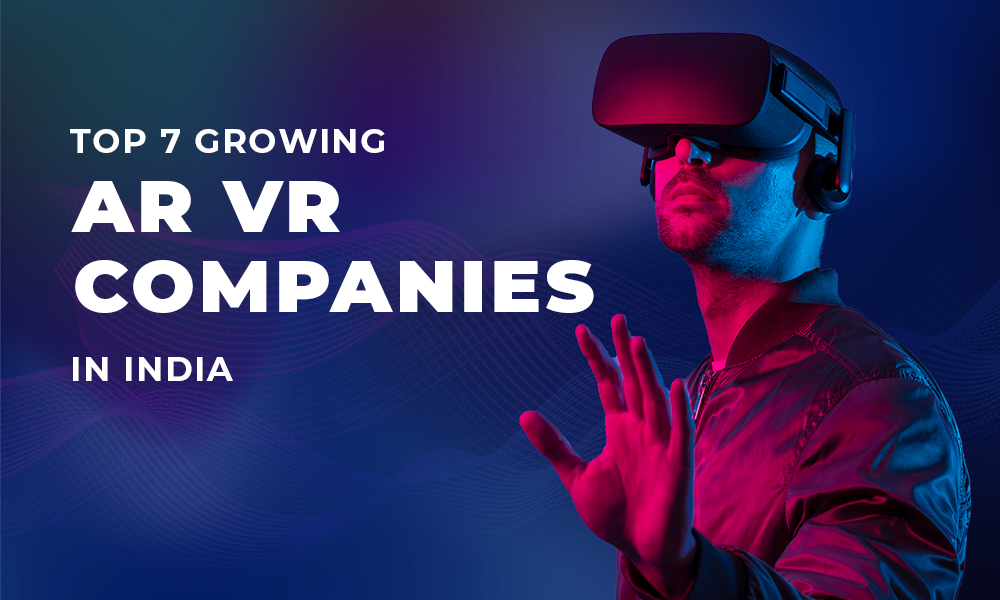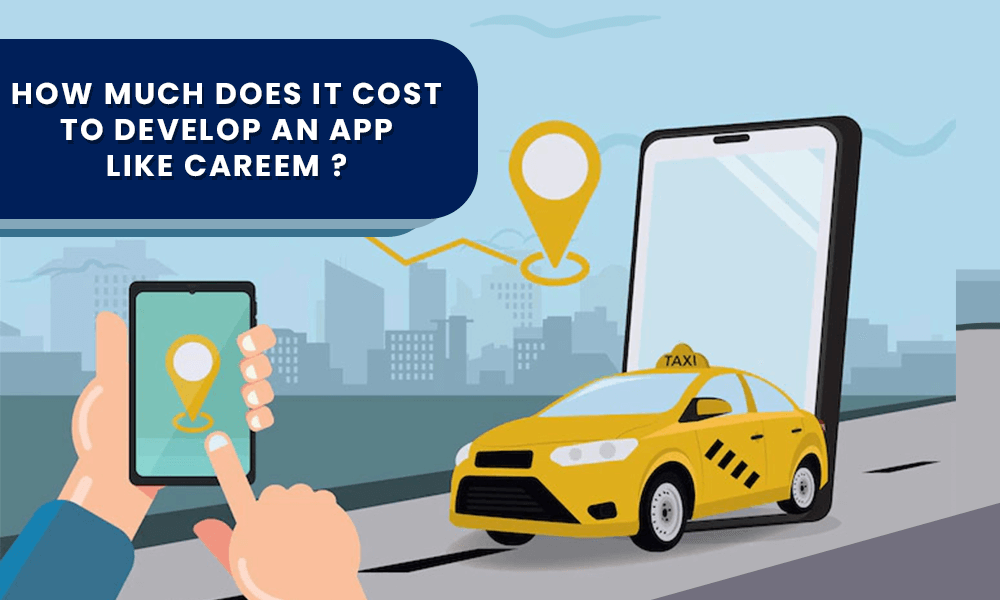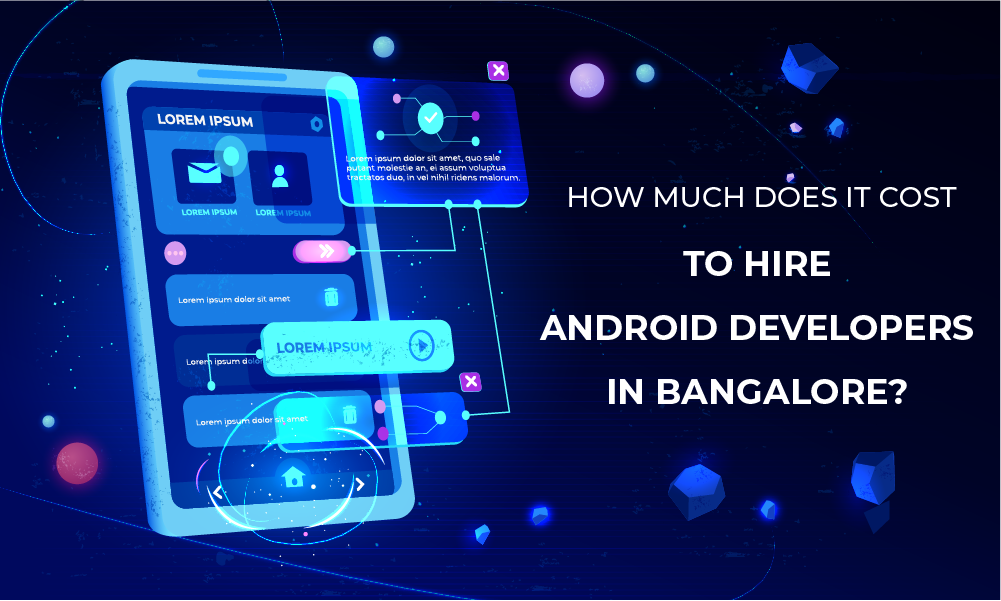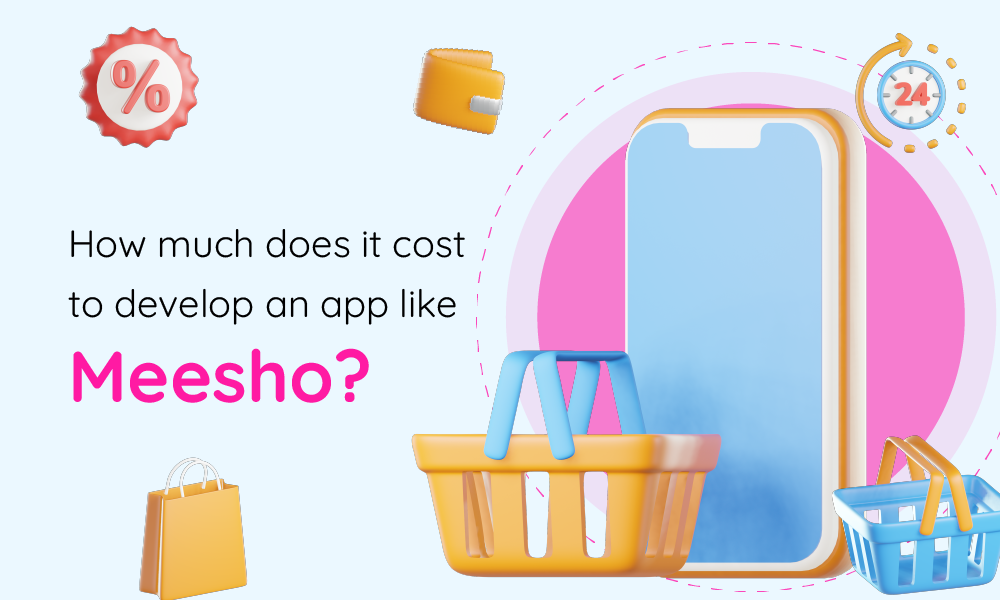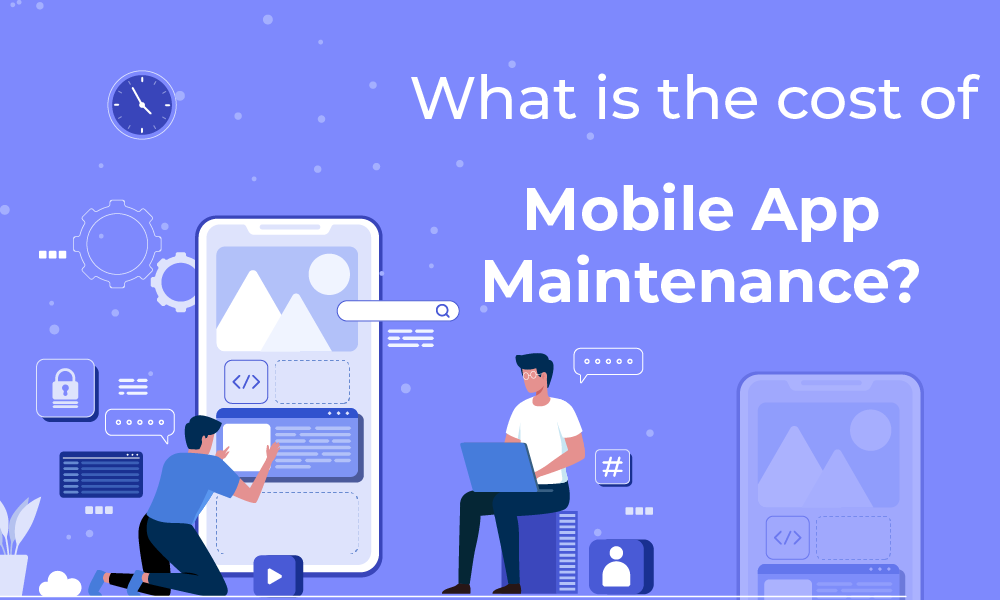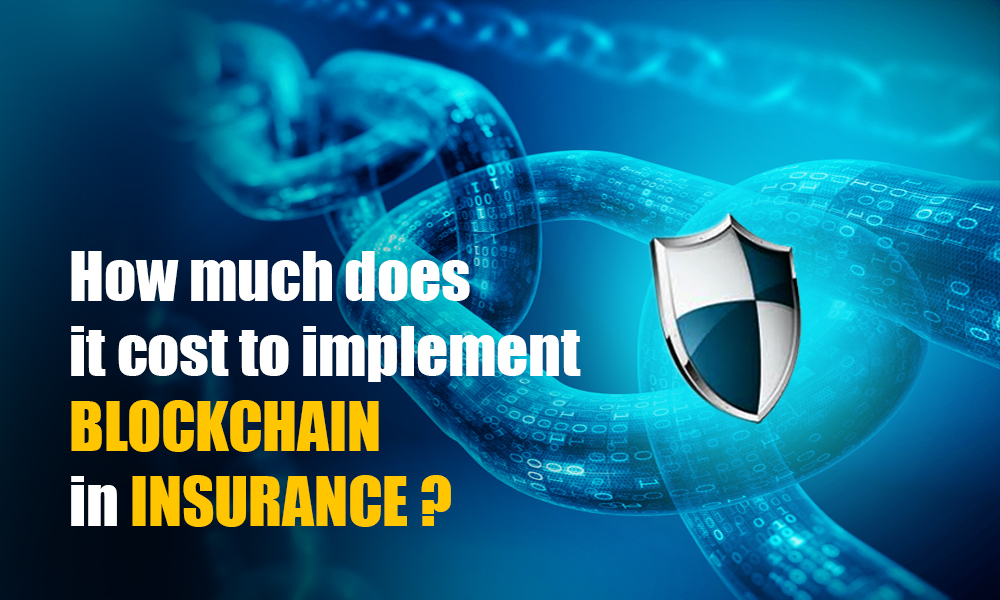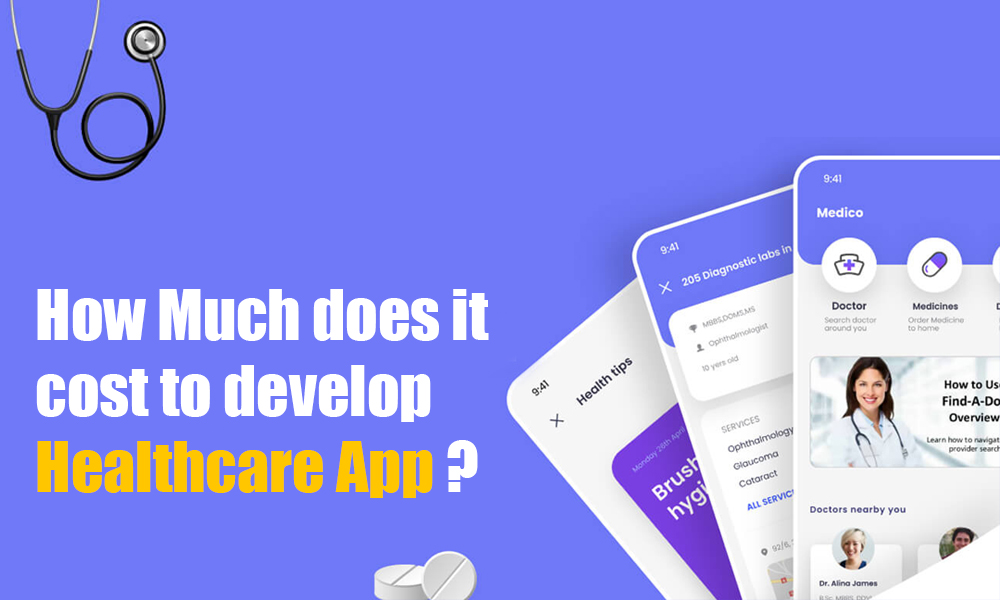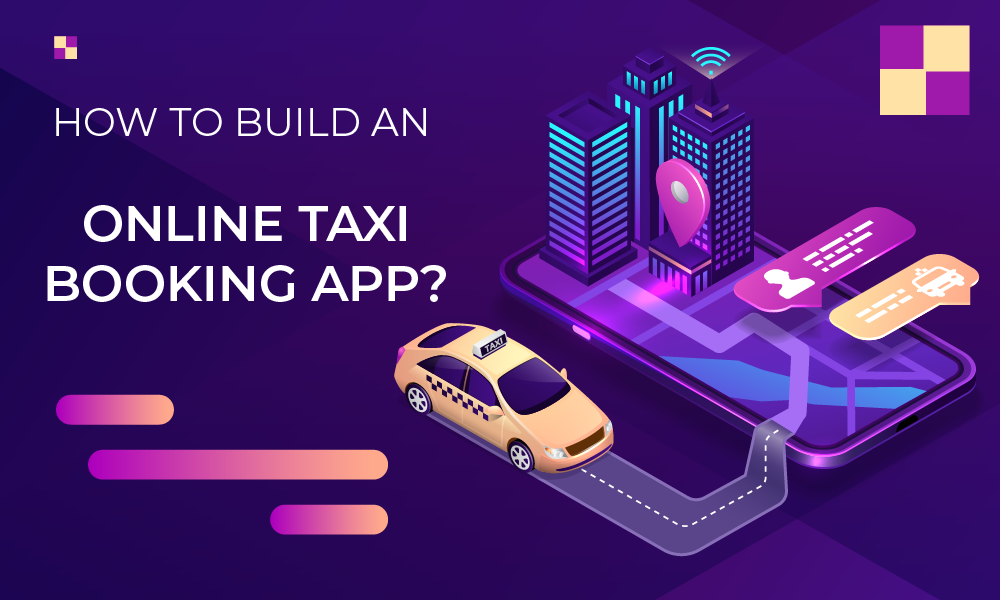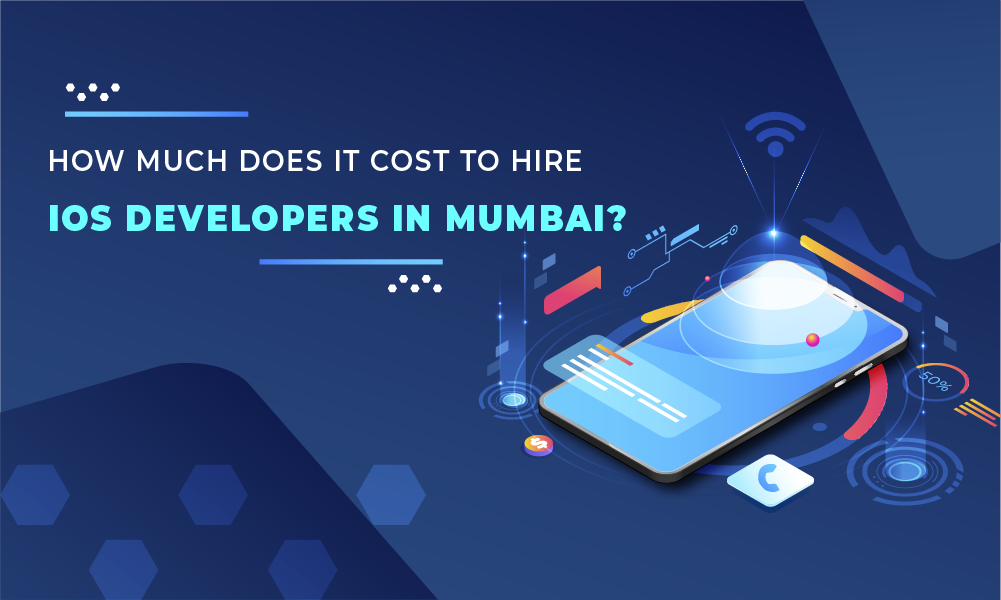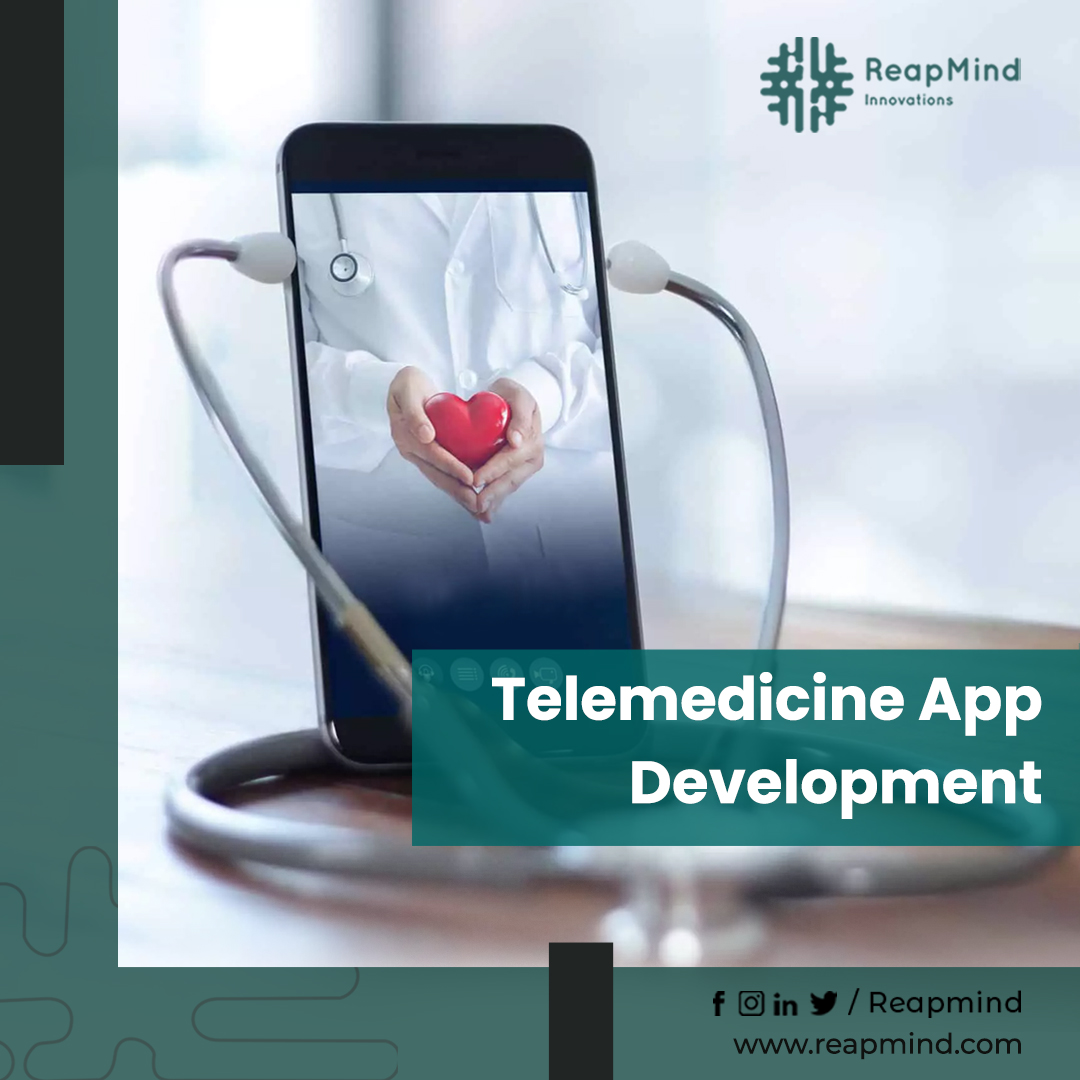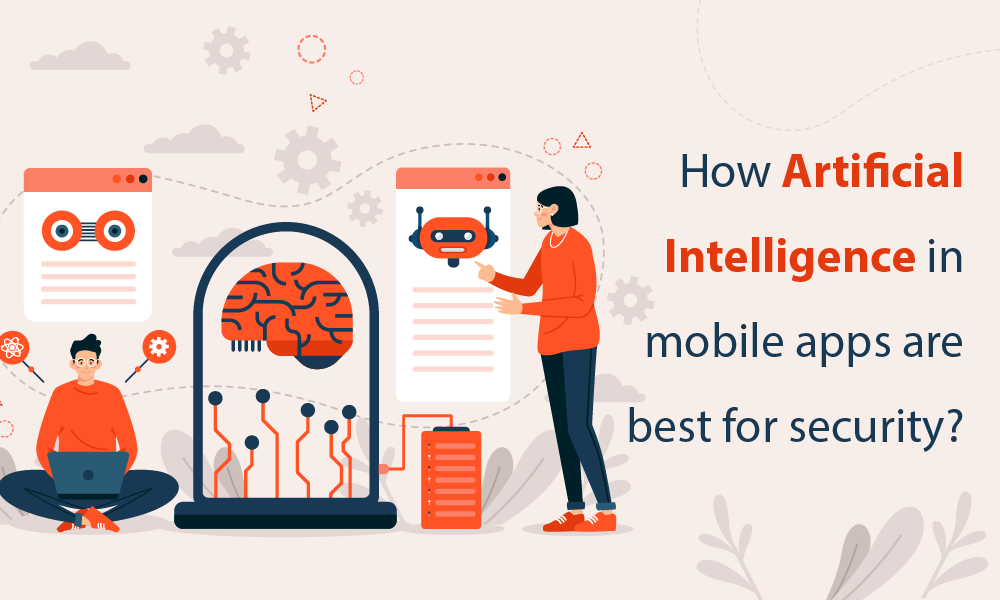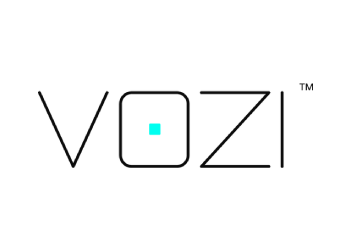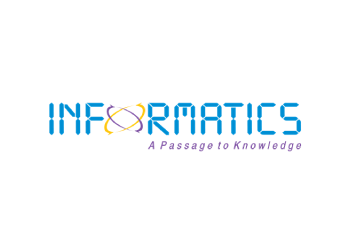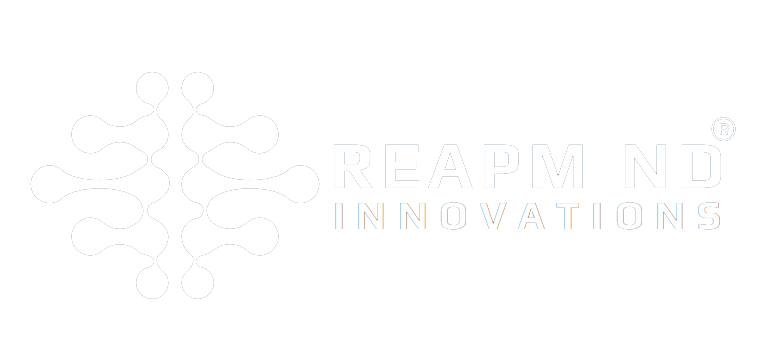Introduction
Have you ever wondered what goes behind the scenes of the modern aviation industry? How are airports becoming smarter and more efficient with each passing day? It’s no magic trick, but the power of IOT solutions that are driving this transformation.
Airports are no longer just transit hubs; they’re becoming smart, efficient, and passenger-friendly, thanks to the IoT. But who’s behind this IoT transformation? It’s the top IoT app development companies like ReapMind that hold the key to making these dreams take flight.
Buckle up as we explore the growing significance of IoT in aviation and the costs of making airports smarter.
Understanding IoT in the Aviation Industry
Table of Contents
ToggleIoT in aviation is like giving the airport a digital brain. It means connecting all the gadgets and systems to share information and work smarter.
IoT is making airports more efficient and passenger-friendly. Your bags can be tracked in real-time, so no more lost luggage nightmares. Security gets a boost with smart cameras and sensors, ensuring everyone’s safe. Passengers benefit from services like self-check-in kiosks and real-time flight updates.
List of IoT Applications in Aviation:
- Aircraft Maintenance
- Fuel Monitoring
- Smart Lounges
- Automated Check-ins
- Cargo Handling
- Environmental Monitoring
- Parking Management
Thanks to smart IoT solutions by IOT development companies, airports are getting smarter, making travel smoother, and keeping everything on track!
The Role of IoT App Development Companies
IoT app development companies are the architects of the IoT universe. They create apps that bridge the gap between your smart devices, making seamless communication possible. These apps empower various industries, from healthcare to smart homes, by enabling data collection, analysis, and control.
Choosing the right IoT partner is paramount; it’s like picking the perfect teammate for a game. A reliable partner ensures your IoT system is secure and scalable, unlocking the full potential of this transformative technology.
IoT app development companies are the driving force behind a connected, data-driven future that’s changing the way we live and work.
Factors Affecting the Cost of IoT Solutions
The cost of implementing IoT solutions in airports is influenced by several critical factors, and understanding their impact on the overall budget is crucial for efficient project management.
Let’s delve into the top 5 factors that impact the overall budget and effectiveness of IoT projects in aviation hubs.
- Scale of Implementation: The extent and complexity of an IoT project at an airport, including the number of devices and their deployment, can substantially affect costs.
- Technology Choices: The selection of hardware components, sensors, and connectivity technologies plays a pivotal role. High-end, specialized devices and connectivity options may come with higher price tags.
- Customization: Tailoring IoT solutions to meet the specific needs of an airport, including software development and user interfaces, can add to the cost. Customization ensures the solution aligns perfectly with the airport’s unique requirements.
- Data Management and Storage: The volume of data generated by IoT devices, along with data storage and processing requirements, can influence costs. Effective data management is crucial but may require additional resources.
- Regulatory Compliance: Meeting industry and security standards often necessitates additional investments in security measures and compliance, which can impact overall costs.
IoT Implementation for Smart Airports
In the ever-evolving landscape of travel, airports are taking a giant leap into the future, and IOT solutions are leading the way. These innovative technologies are reshaping how we experience airports.
Let’s Explore IoT Implementation in Smart Airports:
- Passenger Experience: IoT is making our airport adventures more convenient. Smart check-in kiosks, mobile apps, and real-time baggage tracking ensure a smoother journey. For instance, you can check your luggage’s whereabouts with a tap on your phone.
- Security: Safety is a top priority, and IoT takes it to the next level. Smart cameras and sensors keep a watchful eye on every corner, instantly detecting and alerting authorities to any suspicious activity.
- Operational Efficiency: IoT optimizes airport operations by enhancing baggage tracking, reducing the risk of lost luggage, and implementing predictive maintenance. This proactive approach saves time and money while preventing downtime that could disrupt airport services.
Advantages of IoT Implementation for Smart Airports
- Enhanced Passenger Experience: IoT solutions make the travel experience more convenient and less stressful, providing real-time information, efficient check-in processes, and luggage tracking.
- Improved Security: The IoT’s smart cameras and sensors enhance security by detecting and alerting authorities to suspicious activities in real time.
- Operational Efficiency: IoT systems optimize airport operations by improving baggage handling reliability and implementing predictive maintenance to reduce downtime and costs.
- Cost Savings: IoT can lead to significant cost savings through improved operational efficiency, reduced downtime, and energy savings.
- Energy Efficiency: Implementing IoT in smart airports allows for the deployment of energy-efficient systems, such as smart lighting and HVAC, reducing energy consumption.
- Data-Driven Decision-Making: IoT solutions provide valuable data for airport management, enabling informed decision-making and better resource allocation.
Examples of successful IoT implementations in smart airports
These implementations showcase the diverse ways in which IoT is transforming smart airports, making them more efficient, secure, and passenger-friendly.
- Singapore Changi Airport: Singapore Changi Airport uses IoT for baggage tracking, optimizing facility management, predictive maintenance, and enhancing security and passenger services.
- Hong Kong International Airport: IoT systems are employed for real-time monitoring of airport assets, including aircraft, luggage, and passenger movements, improving operational efficiency and passenger experience.
- London Heathrow Airport: IoT-enabled smart lighting and HVAC systems enhance energy efficiency and environmental sustainability, reducing the airport’s carbon footprint.
- Dallas/Fort Worth International Airport: IoT is used for predictive maintenance, ensuring the uninterrupted operation of critical equipment and reducing maintenance costs.
- Los Angeles International Airport: IoT-driven security solutions, such as facial recognition and access control systems, enhance passenger safety and streamline security procedures.
- Schiphol Airport (Amsterdam): Schiphol utilizes IoT for predictive maintenance, detecting potential equipment failures before they occur, minimizing downtime, and saving costs.
- San Diego International Airport: This airport has introduced energy-efficient IoT systems, including smart lighting and HVAC, reducing energy consumption while maintaining passenger comfort, resulting in cost savings and environmental benefits.
Cost Breakdown: Hardware vs. Software
In the realm of IoT development, it’s essential to comprehend the breakdown of costs between hardware and software components. This understanding is instrumental for efficient budget management and project success.
Balanced resource allocation between hardware and software is critical to the success of IoT projects. The specifics of each project, its objectives, and the budget constraints dictate the allocation of resources.
Let’s explore the allocation of costs for each aspect without specifying the exact costs:
Hardware Costs
- Sensors: Sensors serve as the data collection points in an IoT system. They come in various types, from environmental sensors to motion detectors. The costs of sensors can vary significantly depending on their complexity, precision, and specific functionality requirements.
- Gateways: Gateways act as intermediaries, facilitating communication between sensors and the central IoT platform. Costs associated with gateways are influenced by factors such as the communication protocols they support, their processing capabilities, and their network requirements.
- Devices: Devices encompass various hardware components, including controllers, actuators, and other specialized equipment. The costs of these devices depend on their complexity, the number required, and their specific functionalities.
Software Costs
- Development: Software development is the creative process behind the IoT system. It includes the creation of the IoT platform, mobile applications, and any necessary software customizations. The costs here are influenced by the complexity of the project, the required features, and the need for integrations with other systems or databases.
- Maintenance: Ongoing software maintenance is crucial to keeping the IoT system running optimally. It covers tasks such as updates to address bugs, security patches, and performance improvements. Maintenance costs are related to the frequency of updates, the complexity of the software, and the level of support required.
Cost Allocation:
| Aspect | Hardware Costs | Sensors | Gateways | Devices | Software Costs | Development | Maintenance |
| Cost (Approximate) | $3,500,000 | $1,200,000 | $900,000 | $1,400,000 | $1,500,000 | $1,500,000 | $750,000 |
Emerging Trends Shaping IoT Solutions for Smart Airports
- 5G Integration:
- 5G technology is becoming integral to IoT solutions in airports.
- It enables real-time data processing and low latency.
- It Supports passenger services, security, and airport operations.
- Edge Computing:
- The adoption of edge computing for data processing is growing.
- Reduces delay and improves real-time decision-making.
- Distributed computational power at the network edge.
- Enhanced Passenger Experience:
- IoT is revolutionizing the passenger experience at airports.
- IOT Offers personalized services, wayfinding, and streamlined security.
- Focus on creating smooth and enjoyable journeys for travelers.
- Predictive Maintenance:
- IoT-enabled predictive maintenance prevents equipment failures.
- Sensors and data analytics monitor infrastructure conditions.
- Identifies maintenance needs in advance, reducing disruptions.
- Cybersecurity Measures:
- Heightened focus on IoT security due to increased reliance
- Investments in robust cybersecurity measures
- Protection of sensitive data and critical airport systems
Budgeting for IoT Solutions
Budgeting for IoT solutions in airports is a pivotal task, demanding strategic planning. Creating a structured budget that encompasses critical aspects is essential. This guide presents key budgeting considerations for IoT solutions in airport settings.
Key Takeaway Points:
- Component Breakdown: Start by dissecting the IoT solution into core elements: hardware, software, connectivity, and labor. This clarifies the project’s requirements.
- Prioritize Essentials: Give priority to key elements like security and data analytics, crucial for airport IoT systems’ functionality and safety.
- Scalability Inclusion: Ensure your budget accounts for scalability to accommodate evolving airport needs, preventing frequent costly upgrades.
- Cost-Effective Tactics: Explore cost-saving methods, such as open-source software, bulk hardware negotiations, and leveraging existing infrastructure for substantial expense reduction.
- Phased Implementation: Consider a phased approach to cost distribution and alignment with budget constraints.
- Flexibility Emphasis: Maintain budget flexibility to handle unforeseen costs and adapt to changing tech trends and requirements.
- Regular Reviews: Implement periodic budget reviews to stay aligned with dynamic airport needs and emerging opportunities.
How ReapMind Can Assist You in Developing IoT Solutions for Smart Airports
At ReapMind, as the top IoT app development company, we take pride in being your dedicated partner in shaping innovative IoT solutions for the aviation industry. Our team of experienced IoT developers collaborate closely with you to comprehend your unique requirements and objectives.
- We excel at requirements analysis, aiding you in defining project scopes, timelines, and budgets.
- Our expertise extends to IoT network design, encompassing device selection and cloud service installation.
- We specialize in custom software development, crafting mobile apps, dashboards, and data visualization tools.
- We provide robust data analysis and storage solutions tailored to your specific needs.
- Our unwavering commitment to excellence and originality positions us as a trusted IoT development company for smart airport solutions.
Conclusion
It’s a wrap!
When it comes to developing IoT solutions for smart airports, it’s all about finding the right balance between hardware and software costs. ReapMind, as the best IOT app development company, has a skilled team ready to guide the way.
These IoT solutions don’t just make things run smoother; they change how passengers experience airports and how we keep things secure. Sure, the initial investment might seem hefty, but the long-term benefits are crystal clear.
Let’s connect and get started!
FAQs
1: What are IoT solutions for smart airports, and why are they important?
Ans: IoT solutions for smart airports are advanced systems that we develop by integrating various technologies to enhance operational efficiency and passenger experiences. These solutions are crucial for real-time monitoring, predictive maintenance, and improved security.
2: How can ReapMind help in developing IoT solutions for smart airports?
Ans: At ReapMind, we are a leading development partner with extensive experience in creating customized IoT solutions. Our expertise includes designing and implementing IoT systems that cater to the specific needs of smart airports.
3: What factors influence the cost of developing IoT solutions for smart airports?
Ans: Several factors influence the cost of IoT solutions, including the project’s complexity, the scale of implementation, hardware and software requirements, and ongoing maintenance.
4: Can ReapMind provide a cost estimate for developing IoT solutions for our smart airport?
Ans: Absolutely! Our team at ReapMind can provide you with a detailed cost estimate tailored to your project’s unique requirements and scope.
5: What are the advantages of partnering with ReapMind for IoT solutions?
Ans: Partnering with ReapMind offers a competitive advantage. Our technical prowess, dedicated team, and track record of delivering successful IoT projects for smart airports make us the best choice for your project.
6: How can IoT solutions reduce operating costs for smart airports?
Ans: IoT solutions, designed and developed by ReapMind, can optimize resource allocation, automate processes, and enhance security. This ultimately leads to reduced operational costs for smart airports.
